A itching can have several causes, with insect bites, small skin injuries, eczema, and allergies being the most common. However, many home remedies, from cold to salt to vinegar, which can be found in almost every household, help against the nerve-racking itching and scratching.
What helps against itching?

The kitchen in particular offers a multitude of home remedies that are effective against itching. Potatoes can provide relief for smaller areas of skin, such as an acute insect bite.
The potato is cut into slices, placed with the cut sides on the itchy sting and fixed with a gauze bandage or a cloth. It is the same with half an onion, with which the itchy area of skin is rubbed. The raw onion juice also has an antibiotic and anti-inflammatory effect, so that swelling and inflammation can be avoided.
If itching due to dry skin, a banana can also be mashed and applied to the skin. The relaxing and moisturizing effect of the banana is supported if a little fatty cream is added to the banana pulp.
Large areas of skin that trigger the itching can be treated with compresses. For example, a poultice with quark or yoghurt has proven effective against the itching of sunburn. The dairy products are applied directly to the skin and covered with a clean cloth. Sensitive skin types also benefit from compresses with vinegar or lemon water, and heavily diluted full baths are also possible.
For a compress, a concentration of one tablespoon of vinegar or lemon juice to one liter of water is recommended, while three tablespoons are sufficient as an additive for a full bath. Ecologically sound varieties that have not been chemically treated are to be preferred. Vinegar and lemons have acids and ingredients that have anti-inflammatory and blood circulation-enhancing effects. The function of the skin barrier is strengthened by the slightly acidic pH value.
Quick help
Cold is a quick remedy for itching. Especially after insect bites, it is helpful to hold an ice cube on the bite surface for a few minutes. Ice packs or cold packs from the freezer are suitable for treating larger areas of skin. If no ice is available, the affected part of the body can be held under cold water several times. Cold therapy not only relieves itching, but also prevents swelling.
The chronic itching caused by many allergies and eczema can be relieved briefly with a brew of black tea. For this, a tea is made from 500 ml of water with five tea bags of black tea. After a steeping time of five minutes, the tea bags are removed and the brew is allowed to cool.
A compress soaked with the tea is then placed on the affected skin area for five to ten minutes, where the tea compress can develop its cooling, antibacterial and healing properties. The tannins contained in black tea also have a slightly drying effect, so that weeping eczema and even neurodermatitis can be successfully treated with it.
You can find your medication here
➔ Medicines against itchingAlternative remedies
Alternative remedies for itching include juniper berry, rosemary and tea tree oils, which are effective against itching in washes, poultices and baths due to their germicidal and wound healing properties.
In addition, horsetail with its high concentration of silica is one of the alternative treatment methods. A handful of horsetail and a liter of water should be boiled for 10 minutes, and after cooling it is applied to the skin as an envelope. The horsetail compress binds the moisture in the skin and promotes both wound healing and cell renewal.
Ultimately, salt baths can help against the annoying itching and scratching. Salts from the Dead Sea and the Himalayas have proven themselves for skin treatment, although normal sea salt or household salts without added iodine can also be used. 400 grams of salt are sufficient for a full bath, whereby the bath temperature should not exceed 38 degrees Celsius. We recommend bathing for around 20 to 25 minutes twice a week. After the bath, the skin should be carefully dried and, to support the effect, rubbed with nourishing St. John's wort oil.



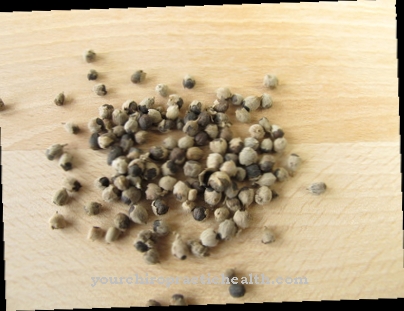
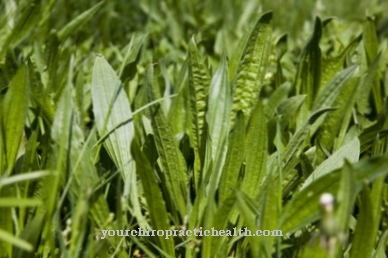
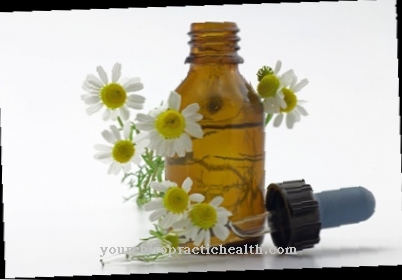



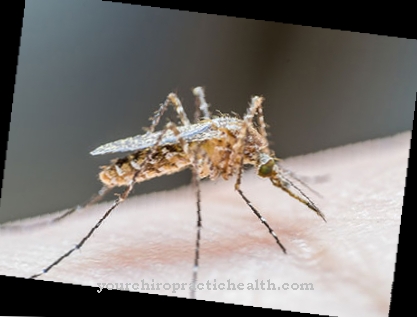
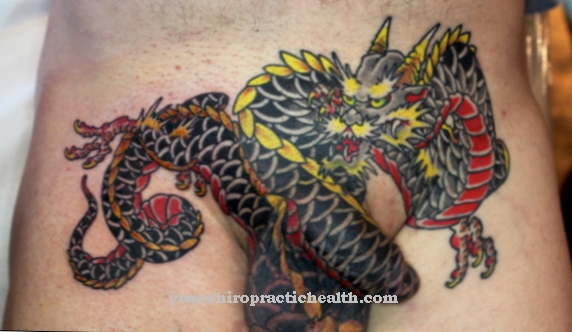



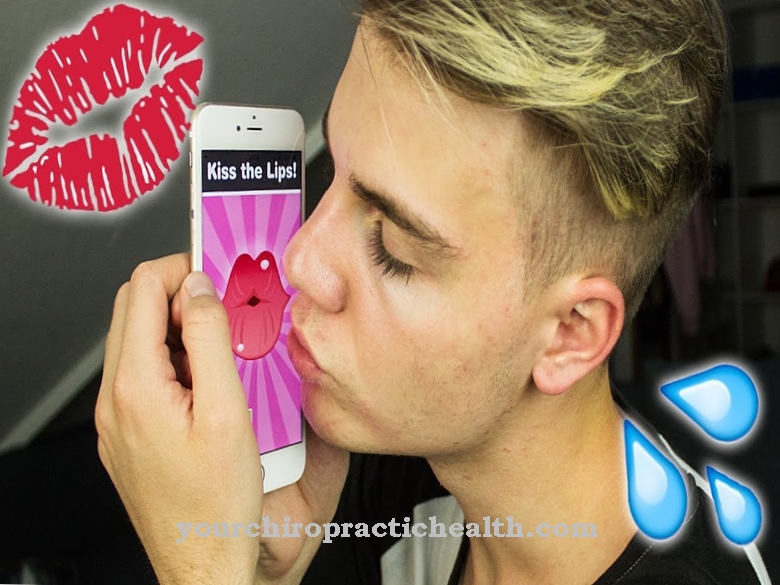
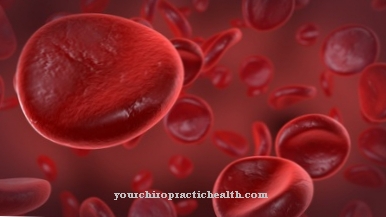
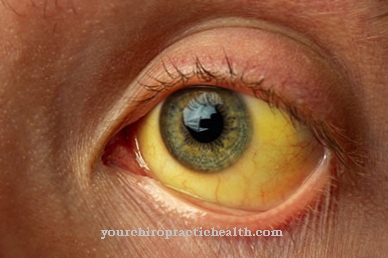


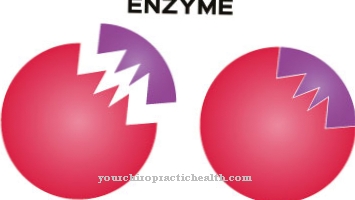

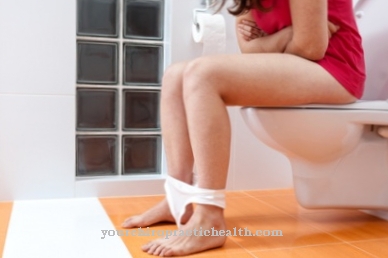
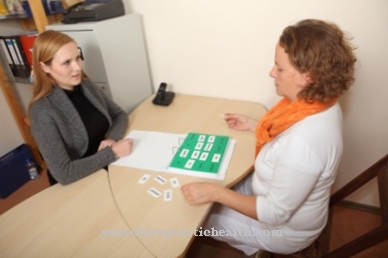

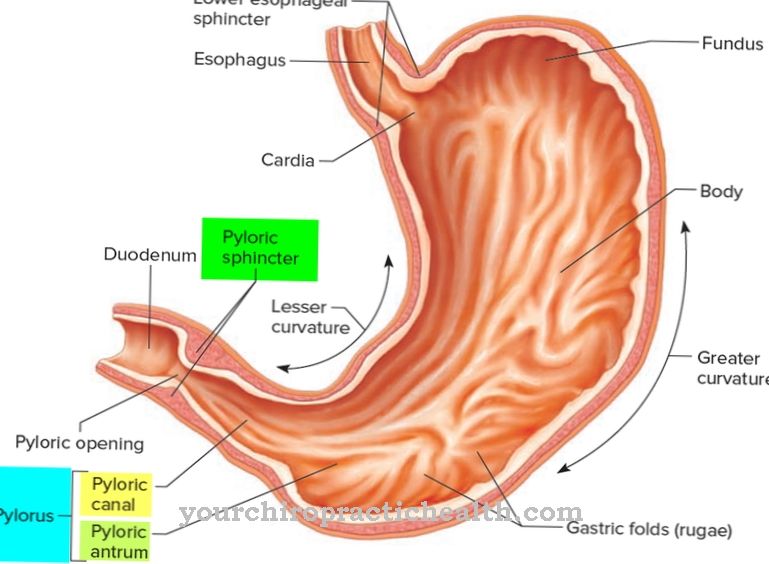



.jpg)